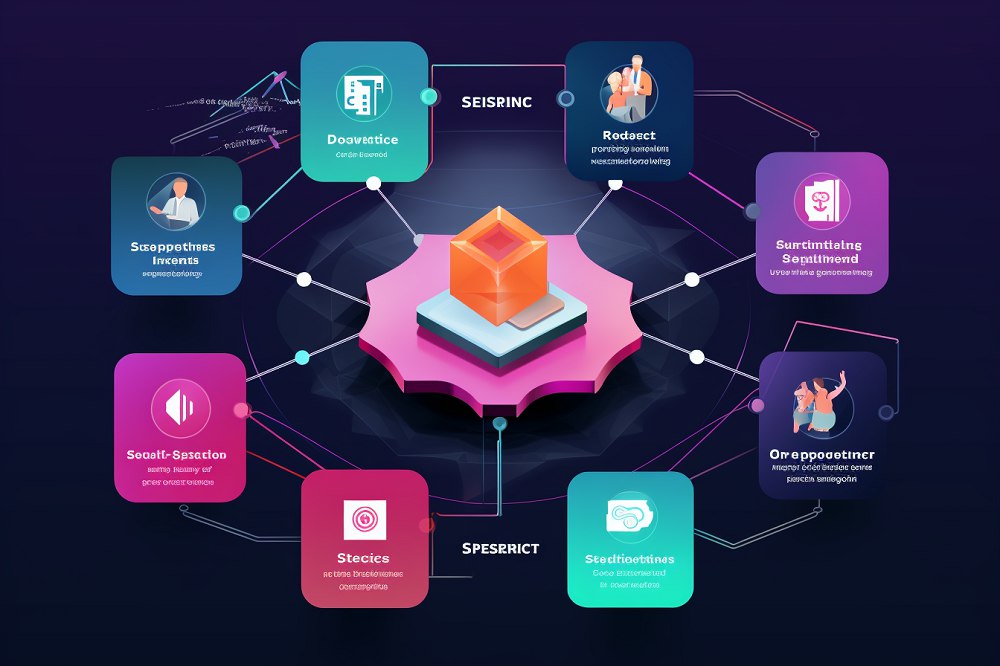David Schwartz, Ripple’s Chief Technology Officer, has criticized the actions of the US Securities and Exchange Commission (SEC) regarding the “DEBT Box case.” Schwartz has accused the securities regulatory body of hastily orchestrating an emergency order based on distorted facts, aiming to hinder a group of businesses with good intentions for the crypto industry.
According to the SEC, the defendants purportedly sold unregistered securities under the guise of “node licenses,” enticing investors with promises of substantial returns through crypto mining and other revenue-generating ventures. However, the regulator alleged that those node licenses were a facade, concealing the immediate creation of token supplies using complex blockchain code.
Judicial Scrutiny And Courtroom Drama
Meanwhile, Judge Robert Shelby hinted at potential sanctions against the SEC representatives for inaccurate statements in pursuing justice against DEBT Box. The judge scrutinized the initial freezing of the company’s assets due to its reported relocation to Dubai, adding that it is beyond the reach of US regulations.
Investigations revealed no bank closures, while an alleged overseas transfer of $720,000 was found to be a domestic transaction. The judge’s “show cause order” now demands that the SEC substantiate the company’s rule-violating actions.
Ripple To Expand Presence In Africa
Meanwhile, Ripple has initiated strategic maneuvers to expand its footprint to capitalize on Africa’s burgeoning fintech sector, valued at $2.7 trillion. The company’s recent collaboration with Onafriq aims to revolutionize cross-border transactions, addressing challenges inherent in outdated payment systems across Africa.
Acknowledged as a key player in global business, Africa has seen exceptional growth in its fintech domain, particularly payment solutions. Market analysis forecasts a remarkable surge in financial services revenue, up to $230 billion in the coming two years.
This growth is attributed to increased fintech adoption, increased mobile phone usage, and a rising interest in digital banking.
Revolutionizing Cross-Border Transactions
The partnership between Ripple and Onafriq focuses on rectifying prevalent issues in cross-border money transfers. Common issues include high transaction fees, prolonged settlement periods, and limited accessibility to traditional banking facilities.
With Onafriq linking millions of mobile wallets across Africa and managing payment solution systems, it plays a pivotal role in driving financial inclusion within the region. As Africa solidifies its role in the global economy, financial organizations can explore fresh income opportunities by participating in the region’s rapid growth.
Ripple has identified nations such as Nigeria, South Africa, Ghana, Kenya, and Egypt as leading the payment revolution in this continent. In Nigeria, where 73% of adults own mobile phones but credit card usage remains low, a substantial market gap exists for the financial services industry to address.
